by Kari Grenade, PhD Regional Economist and Macroeconomic Advisor
The US dollar has strengthened considerably since the start of the year with non-trivial implications for many countries worldwide, including those in the Caribbean.
Before delving into the causes and consequences of a strong US dollar, it is important to explain a few concepts relating to exchange rates and currencies.
An exchange rate, in simple terms, is the rate at which one currency is exchanged for another. In other words, it is the price of one country’s currency relative to another country’s currency or a basket of several currencies. It is determined by the demand for, and supply of currencies in the market. A country’s exchange rate can be fixed against another country’s currency or a basket of several currencies, or it can flexible, determined demand and supply conditions. A fixed or pegged exchange rate is officially set and maintained by a country’s monetary authority or central bank, while flexible or floating exchange rates are determined by market forces. For example, the Eastern Caribbean (EC) dollar has been officially fixed or pegged to the US dollar at EC$2.7 to US$1 since 1976, while the Guyanese dollar and the Jamaican dollar float against the US dollar on a daily basis.
In countries with a floating exchange rate, its currency is said to appreciate when it increases in value against another and depreciate when it loses value. The interplay of demand and supply for currencies in the market because of certain factors (such as interest rate changes for example) can result in a currency appreciation or depreciation from time to time. On the whole, an exchange rate, be it fixed or flexible, and more specifically, currency appreciation or depreciation, affects the flow of trade, investment, money as well as socioeconomic conditions and ultimately living standards within and across countries.
Now back to the current situation of the strong US dollar and its implications.
The US dollar has appreciated against a basket of major currencies by 11% during the first 6 months of this year. The main reason for the appreciation of the US dollar is the increasing demand for US dollars. Why is there a growing demand for US currency? Several reasons. One, rising interest rates in the US makes the US dollar more valuable to hold relative to other currencies, and as such global investors are investing heavily in the US for relatively better returns. Two, the US is perceived as a “safe haven” for investing in light of the acute uncertainties and risks in other parts of the world. Hence, investors are increasing their holdings of US-denominated assets, which require the purchase of US dollars. Three, US bonds have become attractive relative to non-US bonds because of rising interest rates in the US, and as such, investors are buying US bonds, which requires US dollars.
What does all of this mean for Caribbean economies and more specifically Caribbean people? A lot! The Region is already reeling from high inflation. Because inflation in the US is high (estimated at 8.5% in July), and because Caribbean countries import the majority of their goods, which have to be paid for in US dollars, the price of imported goods have increased. More expensive imports of goods, particularly food, can aggravate risks of food and nutrition insecurity as healthy foods, which tend to be more expensive than unhealthy ones, become out of reach for many.
Caribbean countries with floating exchange rates (Jamaica, Guyana and Suriname) whose currencies have depreciated against the US dollar, will feel the brunt of higher import prices because they will need to find more US dollars to pay for the same amount of imports for example.
Caribbean countries, particularly in the oil-importing ones, are being buffeted by high cost of fuel, which are driving up electricity costs, adversely affecting household budgets, firms’ bottom lines and investment prospects, and adding subsidy burdens to governments.
Caribbean countries that are dependent on tourists from the UK and Euro Area for example could see their receipts dip because it will be more expensive for a tourist from outside of the US to travel to the Caribbean given the depreciation of their currency relative to that of the US in which most tourist products (hotel rooms and tours for example) are priced. For tourism-dependent Caribbean countries whose currencies are fixed against the US dollar (Barbados and those that comprise the Eastern Caribbean Currency Union) the appreciation of the US dollar against the pound sterling or Canadian dollar for example automatically means an appreciation of the Barbadian dollar and the EC dollar against those currencies as well. As such, the pound sterling would not “stretch as far” as it otherwise would in Barbados or Antigua for example given its depreciation against the US dollar. On the flip side, it would be now cheaper for Caribbean citizens (those who can afford) to visit the UK and Canada with US dollars because their dollars would be able to stretch a bit more.
Importantly, Caribbean countries and firms, especially in a floating exchange rate regime that have debts denominated in US dollars will need to mobilise more local currencies to convert to US dollars to be able to service their US debt obligations as those debts will be more expensive in local currency terms.
As interest rates on debt instruments rise, so too will rates on investment instruments, which will benefit countries and firms with holdings of US fixed-income financial investments. Should interest rates continue to rise in the US, eventually interest rates charged on loans and earned on deposits will increase in the Caribbean as central banks in the Region defend their respective currencies, especially in countries with floating exchange rates.
It is difficult to predict currency markets, and as such one cannot say with any degree of confidence whether or not the US dollar will continue its appreciating trend. Several factors will determine movements in the US dollar relative to other currencies. Chief among them would be the policy stance of the Federal Reserve (the Central Bank of the US) regarding interest rates, should interest rates keep rising, so too would the value of the US dollar. It is hoped that this current period of a strong dollar and its adverse consequences are short lived.





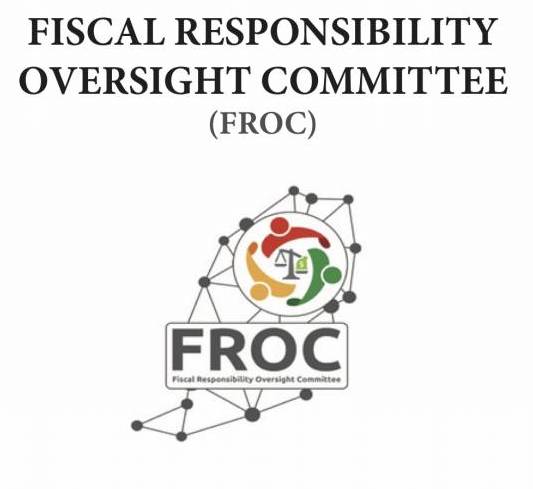
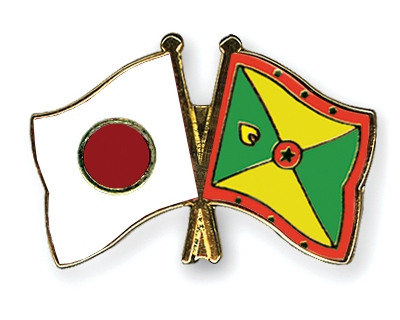

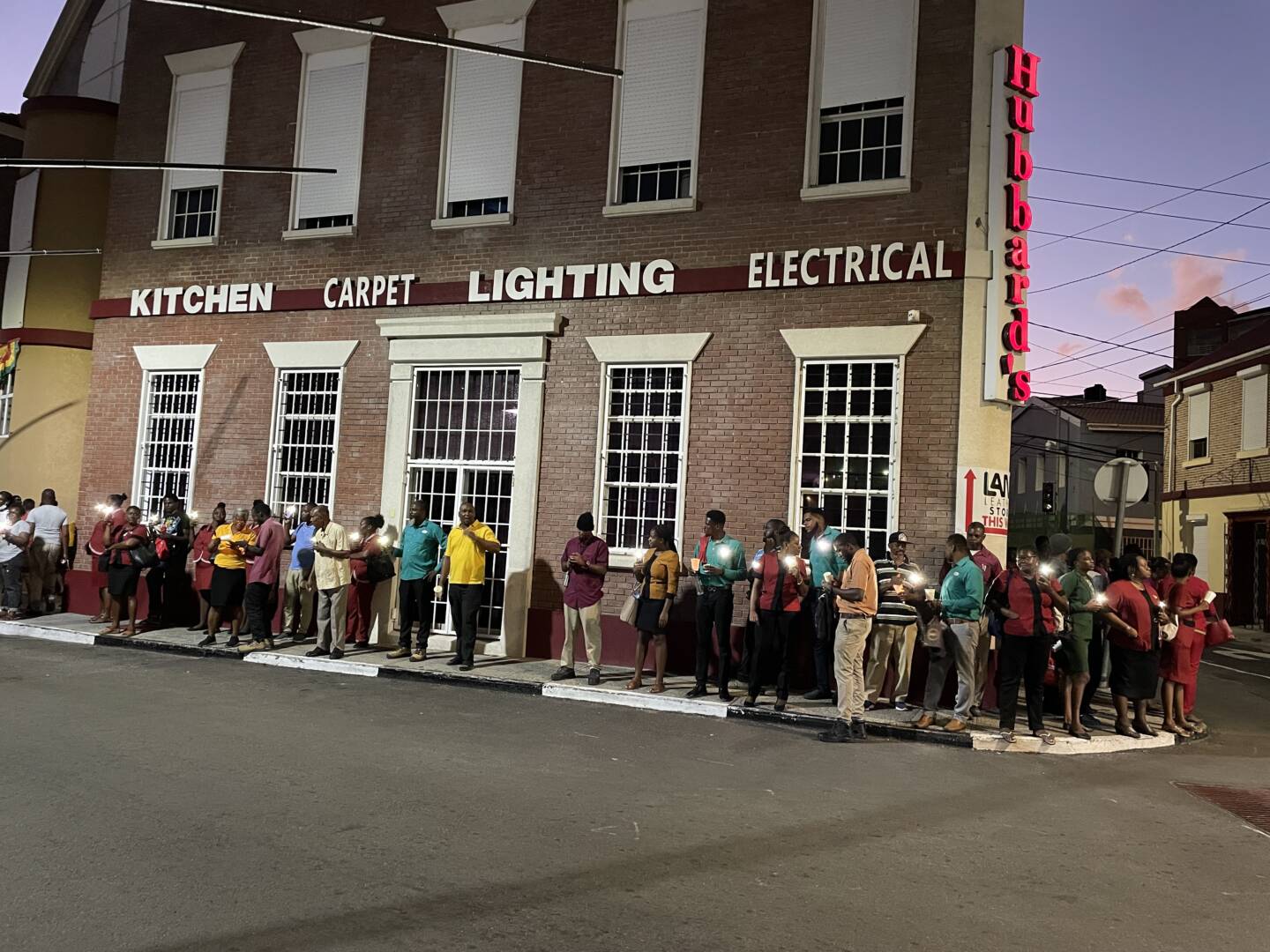
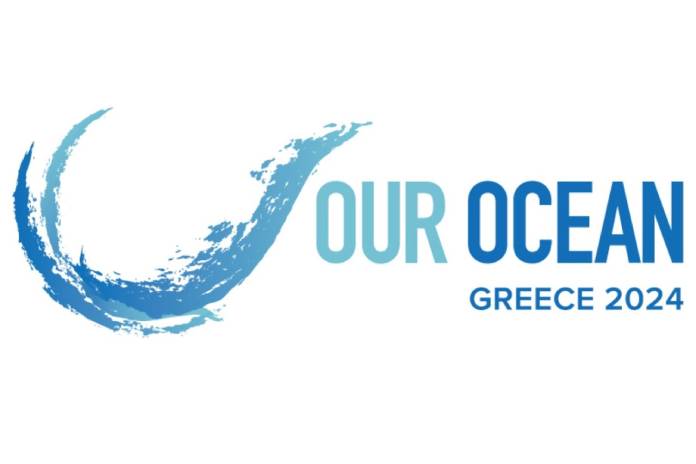
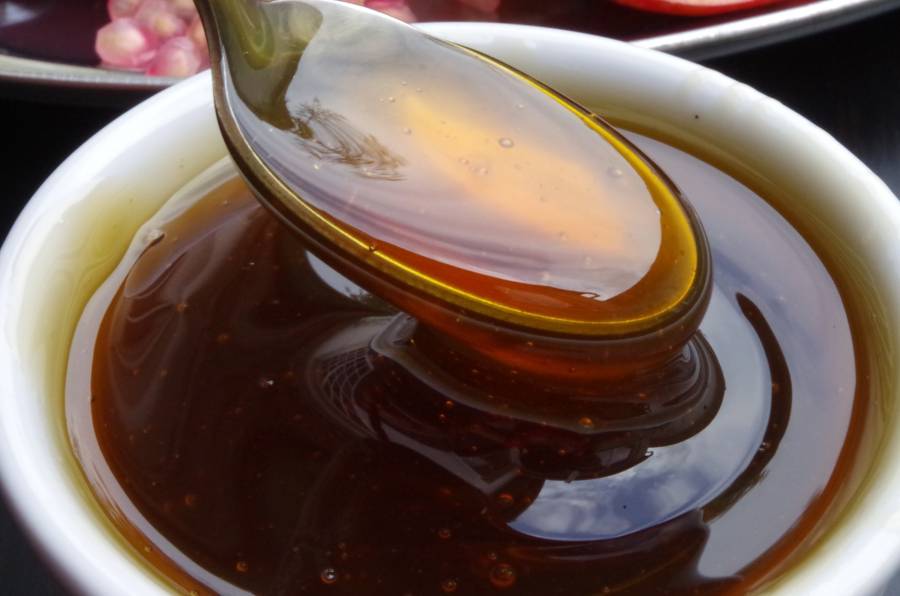
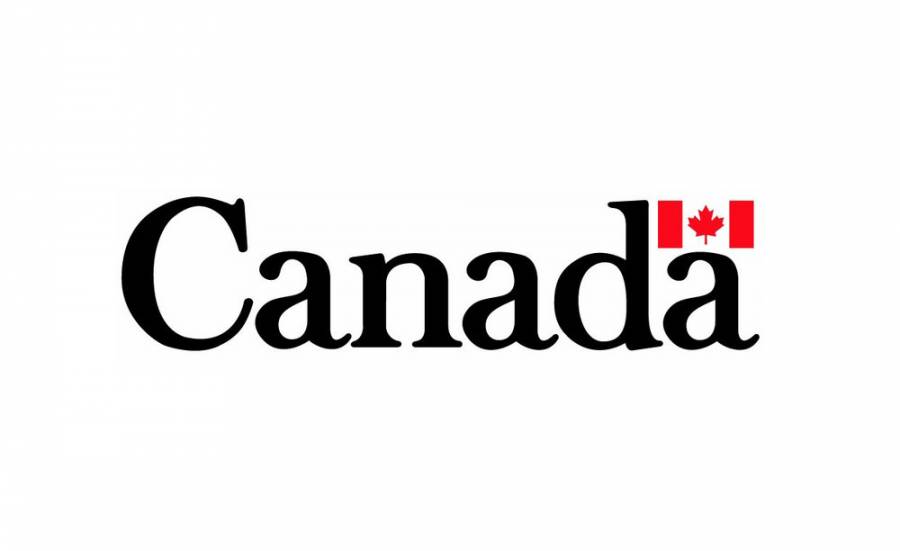















At least we are independent. That’s much better ain’t it…
Independent on paper…LOL..
Recently, St. Vincent or St.Lucia which announced the ability to sell bananas to the conglomerates in the U.K.
It was this agreement Dole & Chiquita to Windward islands to WTO courts and won. This was during the 90s.
What Dole and Chiquita did was an economic hit on the smaller economies and the same time securing their markets.
In Grenada there were no longer the banana Trucks to Load the Banana boat as it was called.
Can you imagined, Dole and & Chiquita does not invest or own any plantations in Windward islands, or other islands.
The Caribbean directly or indirectly signed up to NAFTA now called something else. By doing so the region gave up some it’s sovereignty.
While the Caribbean is geographically close to the U.S markets, it does not have access to U.S markets. The region is more or less a dumping ground. To add, the region is heavily influenced by North American taste and there are no regional policy to reverse that….unless of course you’re branded communist.
The days when Grenada had abundance of bananas are gone. Local natural healthy foods are more expensive.
Canada and the U.S are two major trading partners, yet, they both don’t have access to each other markets. Canada’s diary industry protected and restricted. For years, the U.S is trying for Canada to open more of its diary market. In fact just recently, launched a complaint against the U.S for duties on its soft wood Lumber.
The recently announced incentives for made in the U.S electric vehicles.
Who is really looking out for Grenada, more so the region?
I applaud your efforts of researching, articulating and submitting your article.
Let me be clear, I am not attacking your field of studies or training. However, I will like to implore folks with your training not only regurgitate the obvious but come up with ideas, how csn Grenada carve out its own part forward. Doing so is not always easy, as swimming against the current is a challenge.
As an economist what will you advise the government to adopt and implement?
What policies will you proposed to the government that if followed results can seen within short and long term period?
As it stands right now governments seems operate to collect taxes to meet its day to day needs. However, there seems to a lack of vision beyond its current liabilities.
Over the last few decades region has given up on exploring its own part. Now there is big talk about food insecurity.
How can the region be serious about food insecurities when the government policies were simply to be consumers. The easy way out was to say it’s cheaper to import than to manufacture.
In order to seriously address the food insecurities the region will need to invest billions just to catch up. Imagine if the region had maintained and invested in food production over the years there will be less of food insecurities today.
There is two ways about it. One, the region fall in line with the one global economy and while doing so give up its sovereignty. Two, carve out its own part of sustainability regardless of challenges faced.
What is last import bill for chicken? How manh chicken does Grenada produce?
This production capacity should not be looked at as a supply and demand market. Instead, it should look as sustainability in perpetuity.
How self sufficient can the region be and how fast?
How much does a man need to put a roof over his head, eat to be nourished, and clothes to wear to keep the elements off his back?
Has Capitalism failed?
Capitalism has not failed. Perhaps it could be argued that Globalism has failed as we are pushed into vulnerabilities created by multinationals owning vast swathes of product lines and then dictating pricing with little access to choice from the consumer. The World Economic Forum has ridden the wave of Covid and has positioned itself with its political cronies to introduce restriction and lifestyle changes we would not have dreamed could be imminent 20 years ago. The WEF is set to implement its communist ideals with its “you will own nothing and be happy” piece of jingoism. Fear not for Capitalism, Communism is knocking at your door. Communism for us mere mortals while the likes of Bill Gates and his buddies are the ones owning everything, and leasing it to you.
But but….it’s Capitalism that paved the way for globalism.
Multinational corporations are the result of Capitalism.
If you look all trade blocks you will see all the major Capitalist players. These same players directly or indirectly influence their government policies.
In my view none of systems are good for mankind as those at top are totally disconnected from basic needs of mankind.
So can Grenada and the wider caribbean region carve out a part.?
A part that is defined by and for the residents of Region.
What is the Caribbean way? Is there one?
What kind of society we are creating?
Environment
Health
Governance
Education
Socio-economic
Social justice etc.
What is the role of an economist?
How can a government identify which micro and macro economic policies contribute to a better society?
The price of Brown sugar increases. Who are producers in the region?
Guyana, Cuba, Belize..Barbados, Jamaica.
How does the region address a poor balance of trade?
I will suspect an economist have access to all the trade numbers of region imports and exports.
Is there plan? Is there a team of economist predicting possibilities and advising government to put aside resources to alleviate the adverse impacts.
Or is the government reactionary?